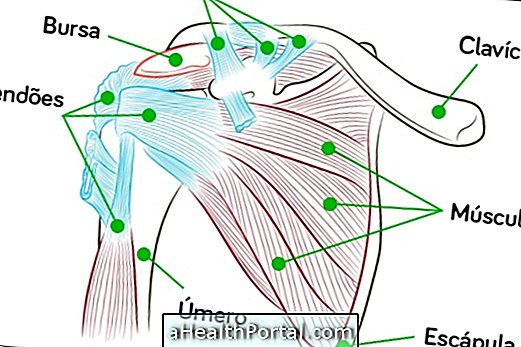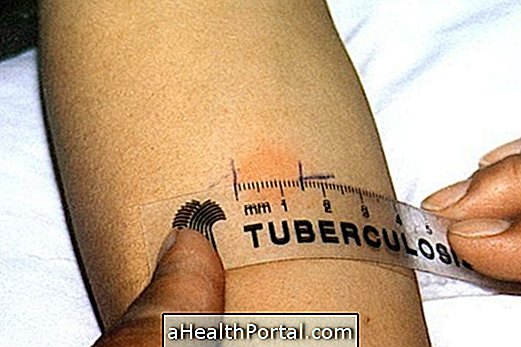Vesicovaginal fistulae correspond to abnormal communication between the bladder and the vagina, resulting in the death of the surrounding tissues and in urinary incontinence.
These fistulas can be caused by surgical procedures, very long deliveries, infections or cancer, for example and usually, the treatment consists of performing a surgery.

Possible causes
Vesicovaginal fistulae may be congenital, which is very rare, and most of them are caused by trauma associated with surgical procedures due to prolonged labor, use of forceps, radiation exposure, cancer, or infections.
What are the symptoms
Generally, the first symptoms that appear after the formation of a fistula are fever, abdominal discomfort and abnormal presence of red blood cells in the urine.
Later, you may experience loss of urine through the vagina and urinary incontinence that may occur soon after the cause or weeks or months later. Some people may also feel abdominal pain.
Continued urinary loss can lead to the need for diapers, unpleasant odors and discomfort, harm the sex life or even cause infections.
How is the diagnosis made?
The physician should perform a physical examination and evaluate the person's medical history, and may also use endoscopic or radiological exams such as urography, cystography, computed tomography and ultrasound, for example.
What is the treatment
Generally, the only effective treatment for vesicovaginal fistulas is surgery, which can be performed in several ways depending on the person, the state of the organs, and the location of the fistula.






















